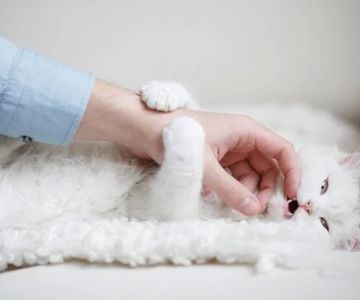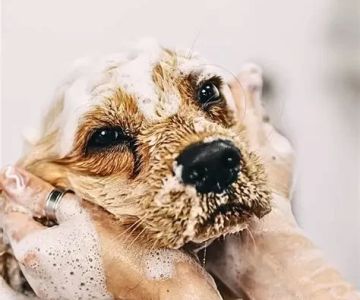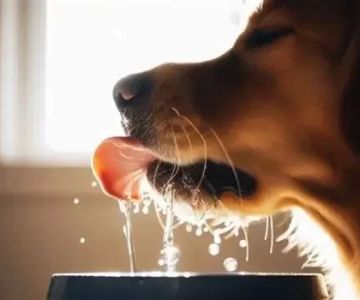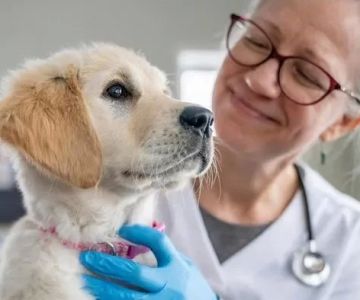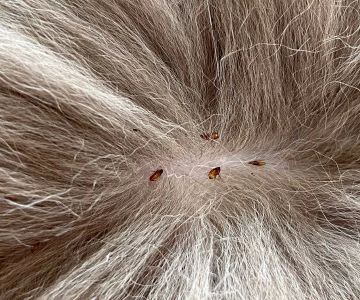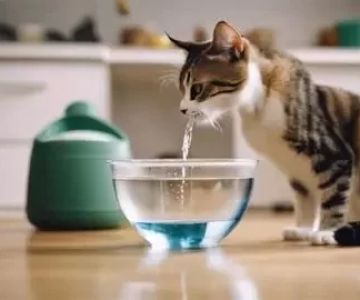Signs of Dehydration in Cats: A Comprehensive Guide
- 1. Introduction
- 2. Importance of Hydration for Cats
- 3. Common Signs of Dehydration in Cats
- 4. How to Check for Dehydration in Your Cat
- 5. Common Causes of Dehydration in Cats
- 6. Treatment and Prevention of Dehydration in Cats
- 7. When to See a Vet
1. Introduction
As a cat owner, one of the most crucial aspects of maintaining your pet's health is ensuring that they are properly hydrated. Just like humans, cats rely on water to maintain their bodily functions, and without it, they can quickly develop serious health issues. Dehydration in cats is a serious condition that can affect their organs, leading to complications and even death if left untreated.
But how can you tell if your cat is dehydrated? It’s not always easy to notice, especially because cats are known for hiding their discomfort. In this guide, we will go over the signs of dehydration in cats, how to check for it, what causes it, and how you can prevent it. We will also discuss what steps you should take if your cat shows signs of dehydration.
2. Importance of Hydration for Cats
Water plays a vital role in many of your cat's body functions. It helps regulate body temperature, supports digestion, aids in nutrient absorption, and is essential for kidney function. Cats are particularly prone to urinary tract problems, and staying hydrated is key to preventing these issues.
Interestingly, cats are not always the best at drinking water on their own. In the wild, cats get much of their water intake from their food, primarily from hunting and eating fresh prey. However, domesticated cats often eat dry kibble, which contains very little moisture, making it essential for you as a pet owner to ensure they are drinking enough water daily.
Proper hydration helps prevent conditions such as urinary tract infections (UTIs), kidney disease, and other severe health issues. When a cat is dehydrated, their organs start to suffer, and over time, dehydration can lead to organ failure. It’s essential to be proactive in making sure your cat stays hydrated, especially if they are elderly, have health problems, or are more active in the heat.
3. Common Signs of Dehydration in Cats
Now that we understand why hydration is so crucial, how can you tell if your cat is dehydrated? Cats may not immediately show obvious signs, so it's essential to watch for subtle symptoms. Here are some common signs of dehydration in cats:
- Loss of Appetite: If your cat is refusing to eat or showing less interest in food than usual, dehydration may be a cause. Cats will often stop eating when they feel unwell.
- Sunken Eyes: Dehydration can cause the eyes to appear sunken or dull. This is a clear sign that your cat is not getting enough water.
- Dry Gums and Mouth: A cat’s gums should be moist and pink. If they appear dry or pale, dehydration is likely.
- Loss of Skin Elasticity: When you gently pinch the skin at the back of your cat's neck and release it, it should spring back quickly. If it stays pinched for a while, it may indicate dehydration.
- Excessive Panting: Cats typically don’t pant, so if you notice your cat panting, it could be a sign of dehydration or heatstroke.
- Lethargy or Weakness: Dehydrated cats often become lethargic and may have less energy than usual.
If you notice any of these signs, it's essential to address the issue immediately and monitor your cat's condition closely.
4. How to Check for Dehydration in Your Cat
If you suspect your cat is dehydrated, it's a good idea to perform a simple at-home test to check for dehydration. Here’s how you can do it:
- Check the Skin Tent Test: Gently pinch the skin at the back of your cat’s neck and release it. If the skin doesn’t return to its normal position quickly, your cat may be dehydrated.
- Examine the Gums: Lift your cat’s lip and look at the gums. Healthy gums are pink and moist. If they are dry, pale, or sticky, your cat may be dehydrated.
- Look for Sunken Eyes: Check if your cat’s eyes appear sunken or dry. This is a common sign of dehydration.
These tests can give you an initial indication of whether or not your cat is dehydrated. If any of these tests show signs of dehydration, it’s best to contact your veterinarian right away.
5. Common Causes of Dehydration in Cats
Dehydration in cats can occur for various reasons, and it’s important to identify the underlying cause. Some of the common causes include:
- Not Drinking Enough Water: Cats who eat dry food or are picky drinkers may not consume enough water. Adding wet food or a water fountain may help increase their water intake.
- Illnesses: Diseases like kidney failure, diabetes, or hyperthyroidism can cause excessive urination and lead to dehydration.
- Vomiting and Diarrhea: If your cat is experiencing vomiting or diarrhea, they can lose a significant amount of fluids, leading to dehydration.
- Heat Exposure: Cats that are exposed to extreme heat may become dehydrated, especially if they don’t have access to water or shade.
Understanding what causes dehydration is essential in preventing future occurrences. For example, if your cat is dehydrated due to illness, working with your vet to manage the condition will help ensure they stay hydrated.
6. Treatment and Prevention of Dehydration in Cats
If you suspect your cat is dehydrated, the first step is to ensure they get enough water. You can help prevent dehydration by:
- Provide Fresh Water: Always make sure your cat has access to clean, fresh water at all times.
- Offer Wet Food: Wet food has a high moisture content and can be a good way to supplement your cat’s water intake.
- Use a Pet Water Fountain: Many cats are more likely to drink water if it’s moving. Consider investing in a pet water fountain to encourage hydration.
If your cat is severely dehydrated, they may require intravenous fluids or subcutaneous hydration, which can be administered by a veterinarian. Early intervention is key to preventing more severe complications.
7. When to See a Vet
If you notice signs of severe dehydration, or if your cat has been vomiting or showing other symptoms of illness for an extended period, it's essential to seek veterinary help immediately. A vet will perform a thorough examination and may conduct tests to determine the severity of dehydration and its underlying cause.
Remember, dehydration can lead to life-threatening complications, especially if it goes untreated. Don’t hesitate to contact your veterinarian if you suspect your cat is dehydrated or unwell.
SEO Title: Signs of Dehydration in Cats – How to Spot, Treat & Prevent SEO Keywords: signs of dehydration in cats, dehydration in cats, treating dehydration in cats, preventing dehydration in cats SEO Description: Learn the signs of dehydration in cats and how to treat and prevent it. Ensure your cat stays hydrated and healthy with our helpful tips and advice.


